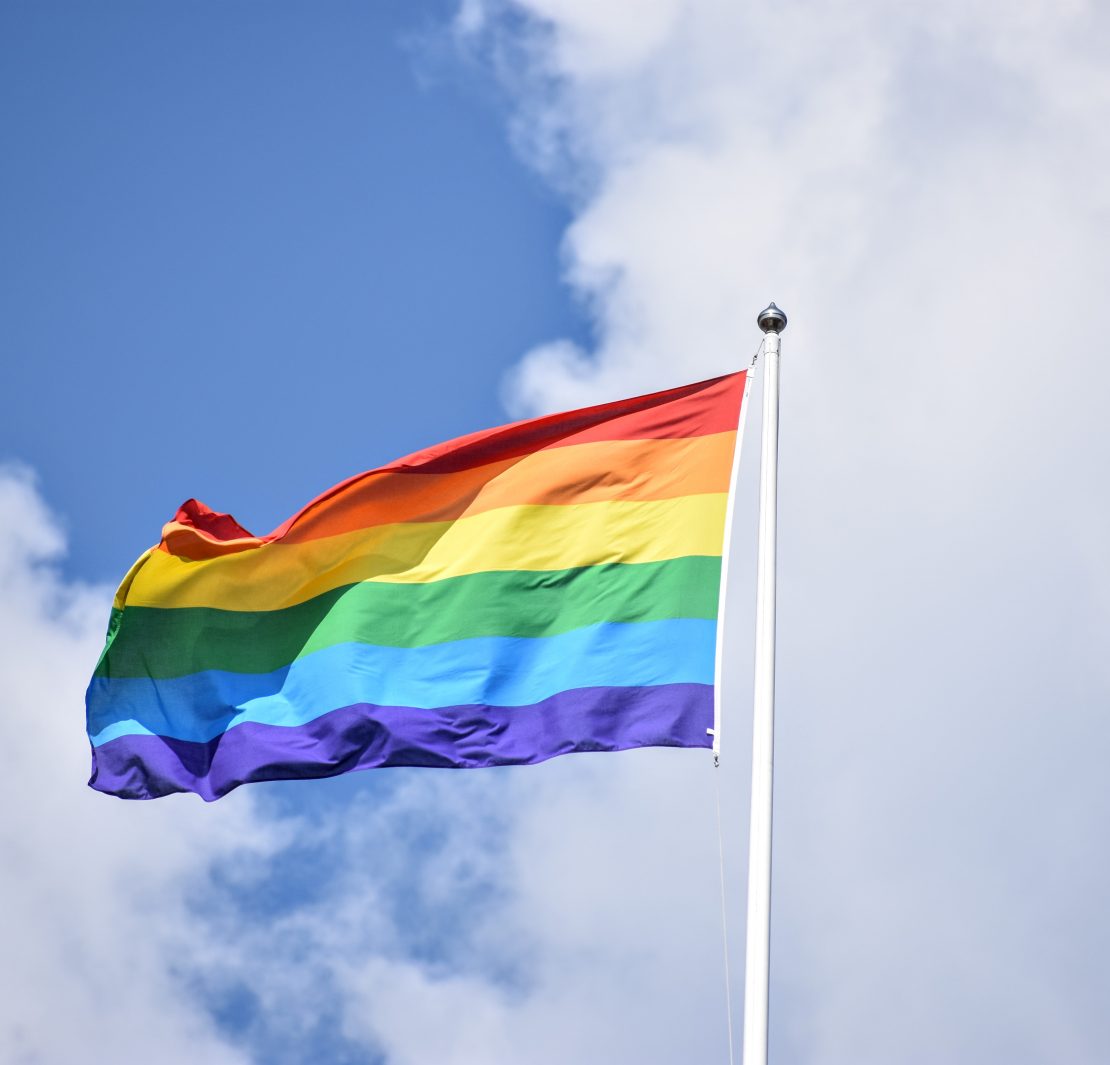In a groundbreaking move that has garnered international acclaim, Nepal’s Supreme Court recently delivered a historic ruling, allowing same-sex couples to marry and register their unions.
The Himalayan country of 30 million people has become the 36th country to legalize same-sex marriage — and the first ever South Asian country to take a step in this direction. This landmark decision represents a significant step forward in advancing LGBTQ+ rights in the country and has been hailed as a triumph for equality and inclusivity.
According to Reuters, the Majority-Hindu country has become increasingly progressive since a decade-long Maoist rebellion ended in 2006. This recent ruling by Nepal’s Supreme Court is rooted in a judgment passed 15 years ago. In 2008, the court issued a verdict affirming that LGBTQ+ individuals have the right to live with dignity and enjoy equal rights under the law. This earlier judgment laid the groundwork for subsequent legal advancements in LGBTQ+ rights, paving the way for the recent ruling on same-sex marriage.
The ruling not only legalizes same-sex marriage but also mandates the government to establish procedures for the registration of same-sex couples. This move ensures that LGBTQ+ individuals can access the same legal rights and protections afforded to opposite-sex couples, including inheritance rights, joint property ownership, and the ability to make medical decisions for their partners. The legalization of same-sex marriage in Nepal carries profound significance for both society at large and the LGBTQ+ community.
Nepal’s landmark ruling on same-sex marriage not only has significant implications within the country but also serves as a catalyst for progress in the broader region. As neighbouring countries in South Asia continue to grapple with LGBTQ+ rights, Nepal’s decision sets a precedent and provides a model for other nations to follow.
In 2018, India took a significant step forward when its Supreme Court decriminalized consensual same-sex relationships, overturning a colonial-era law that had stigmatized and criminalized homosexuality for decades. This landmark ruling, known as Navtej Singh Johar v. Union of India, was a significant victory for LGBTQ+ rights, decrying discrimination and affirming the fundamental rights and freedoms of LGBTQ+ individuals.
However, despite the decriminalization of homosexuality, the issue of same-sex marriage still faces legal challenges in India. The country does not currently recognize same-sex marriages or provide legal frameworks for LGBTQ+ couples to register their unions. This legal gap leaves same-sex couples without access to critical legal protections, such as inheritance rights, spousal benefits, and recognition of their relationships in various spheres of life.
In recent years, there have been efforts by LGBTQ+ activists, organizations, and allies to advocate for marriage equality in India. They argue that denying same-sex couples the right to marry is a violation of their fundamental rights, including the right to equality and non-discrimination as enshrined in the Indian Constitution.
While legal hurdles contribute to the struggle for LGBTQ+ marriage equality, there have been glimmers of hope. In recent years, public discourse on LGBTQ+ issues has expanded, with increased visibility and fairly positive media representation.
The journey towards marriage equality in India faces challenges due to societal attitudes, cultural norms, and conservative religious beliefs. While there is growing acceptance and support for LGBTQ+ rights among younger generations and urban centres, there is still significant resistance and discrimination faced by the LGBTQ+ community, particularly in rural areas and traditional communities.





